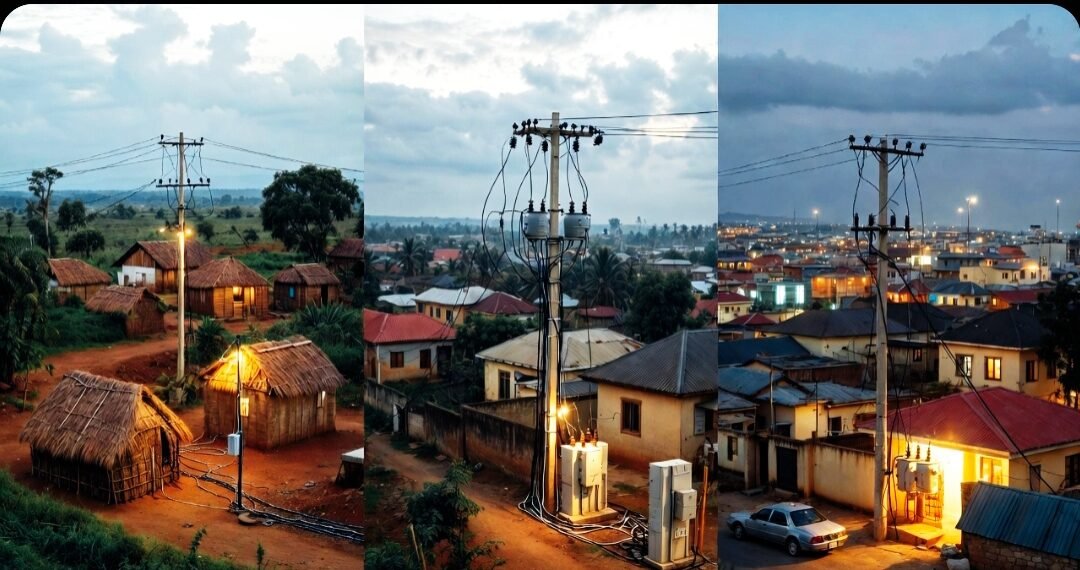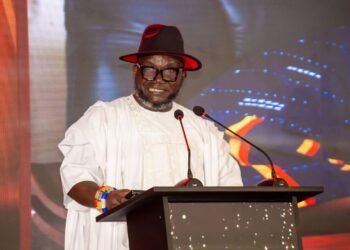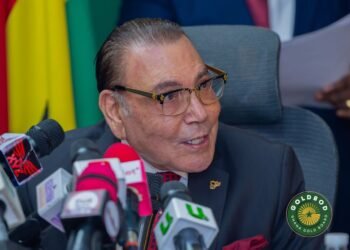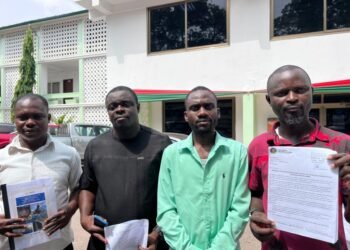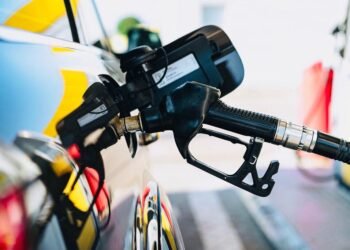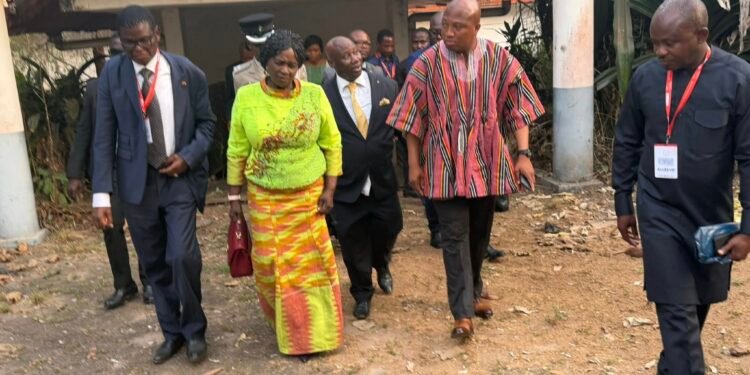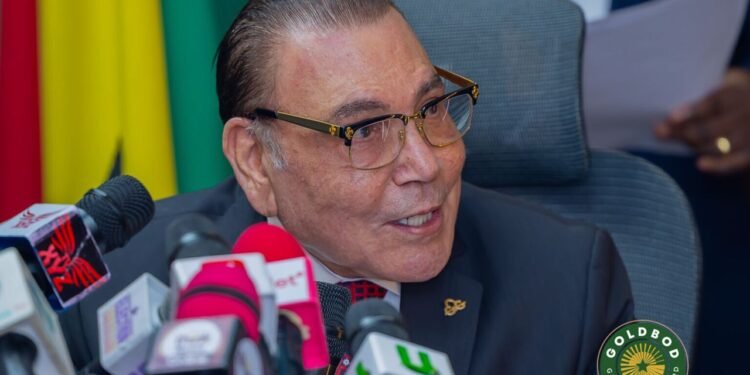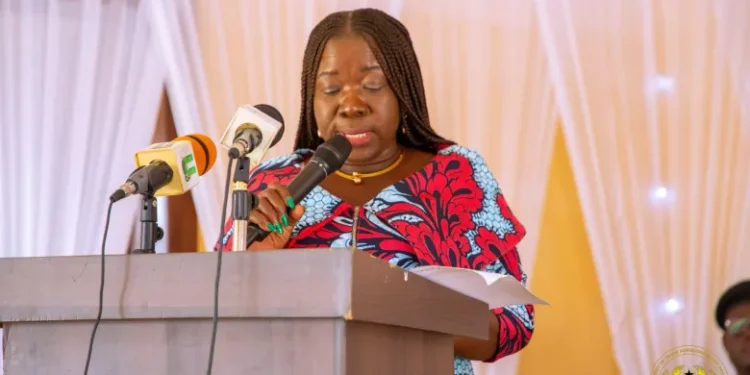The Government of Ghana has announced a sweeping new national electrification effort aimed at extending reliable electricity access to every corner of the country.
The initiative, revealed in the 2026 Budget Statement and Economic Policy, represents one of the most ambitious power-access commitments in Ghana’s recent history. Under the theme “The Ghana We Want,” the budget stressed that the government’s objective is not simply to increase national electrification figures but to ensure that every home, school and enterprise is genuinely connected and able to benefit from stable power supply.
“As part of our commitment to achieving universal access to electricity, Government will, in 2026, roll out the Rural Electricity Acceleration and Urban Intensification Initiative to connect every unserved and underserved community across the country.”
2026 Budget Statement and Economic Policy
The budget emphasised that access statistics alone no longer reflect the true situation in many communities.
According to the budget, “The goal is to ensure that no community is counted as ‘electrified’ until every home is truly powered,” pointing to areas where grid extensions have reached the community level but individual households remain disconnected.
The initiative will allow government to capture the full spectrum of electricity needs in rural, peri-urban and rapidly expanding urban fringes that often outgrow existing distribution networks.
Turnkey Implementation Model to Accelerate Delivery
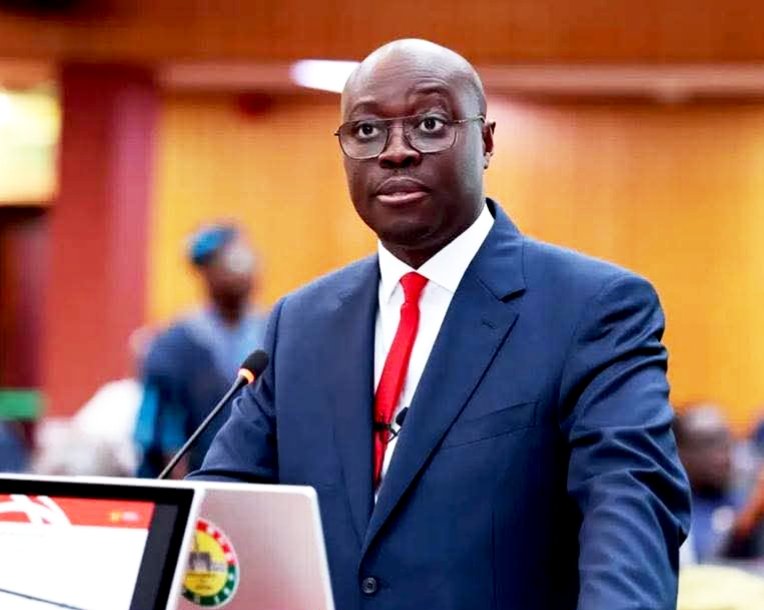
To ensure rapid and efficient execution, government will adopt a Turnkey Implementation Model, which consolidates planning, procurement and installation under a unified and coordinated framework.
The budget indicated that this model was chosen to eliminate delays associated with fragmented contracting and to guarantee timely completion of grid-extension projects.
Government believes this approach will help avoid the historical problem of stalled or piecemeal electrification projects across the regions.
Beyond extending the grid, the initiative is expected to stimulate economic development, support small businesses, and improve access to essential public services.
The budget emphasized that the programme will “unlock rural economic potential, improve access to education and health services, and drive Ghana’s 24-Hour Economy programme.”
Urban Electricity Intensification to Close Critical Gaps

While rural electrification has made significant progress in recent years, many urban and peri-urban areas still face gaps in household connectivity, particularly in fast-growing communities.
The Finance Minister, Dr. Cassiel Ato Forson during the presentation of the 2026 Budget highlighted this issue, stating that “many communities with access to electricity still have households, schools, and businesses that remain unconnected, especially in fast-growing settlements and outer zones.”
To address this, government will launch a National Electricity Intensification Programme in 2026 to extend service lines, transformers and distribution poles to underserved households and enterprises within already electrified communities.
The initiative is designed to ensure that existing grid access translates into meaningful electricity connectivity for all residents.
He added that expanded electricity connections will not only enhance local productivity but also create new employment opportunities, particularly for electricians, contractors and suppliers in the power-distribution value chain.
A Four-Year Nationwide Rollout Covering All 16 Regions
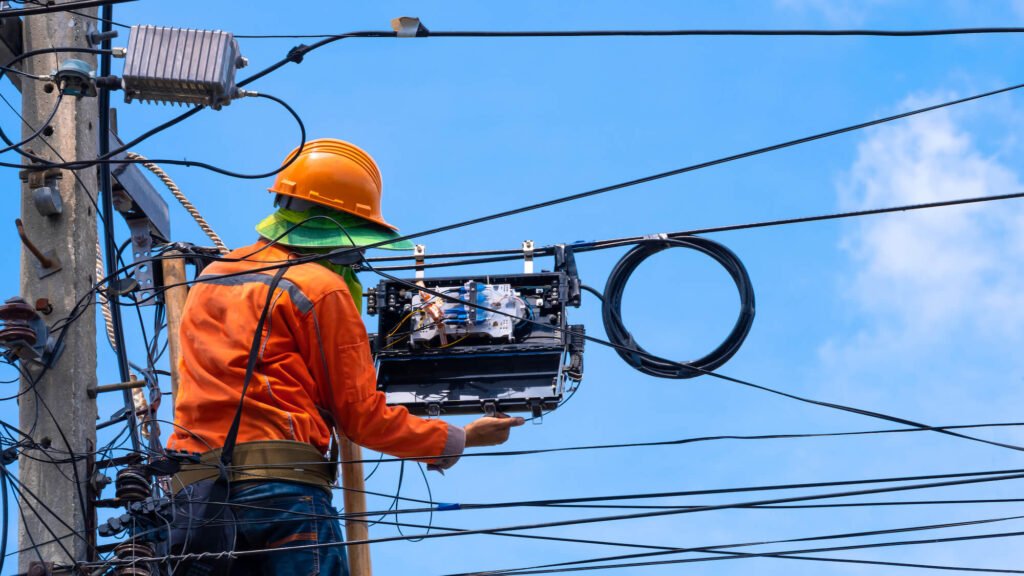
The minister underscored that the electrification initiative will follow a carefully sequenced rollout to ensure regional balance and measurable progress.
“Over a period of four years from 2026 to 2029, all sixteen regions will be covered under the initiative in a sequenced and results-oriented approach that guarantees regional balance and prevents project fragmentation.”
Finance Minister, Dr. Cassiel Ato Forson
The first phase of implementation will begin in 2026, focusing on four regions: Volta, Oti, Savannah and Central. These areas were selected based on their significant electricity-access gaps and ongoing regional development priorities.
At the same time, government will intensify efforts to reach remote communities that cannot be economically served through grid extension.
Dr. Forson said, “Government will also continue the programme of extending off-grid solar to hard-to-reach and remote communities such as island towns,” reaffirming Ghana’s commitment to inclusive energy access.
The rural and urban electricity acceleration programme forms a central part of government’s vision to build “The Ghana We Want”: a nation where electricity access is not just widespread but universal, reliable and transformative.
READ ALSO: Ato Forson Promises Renewed Investment for Benso Oil Palm Plantation

